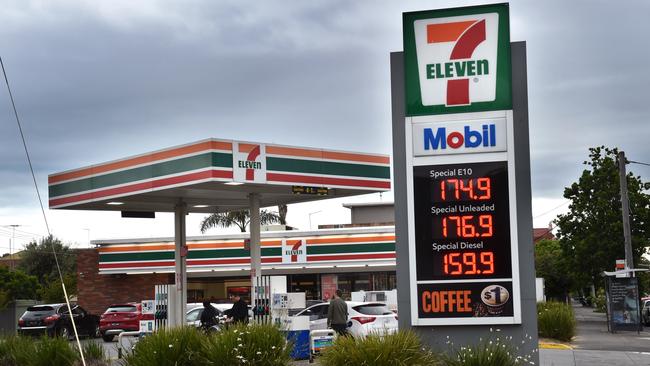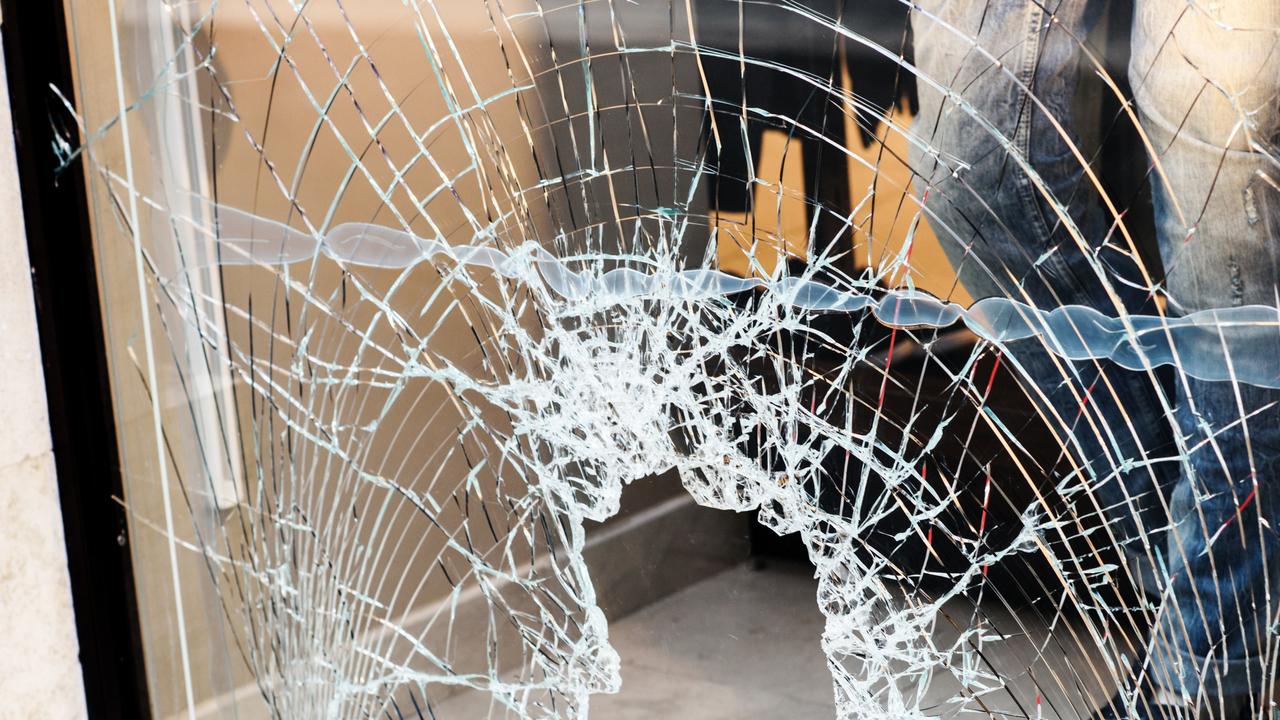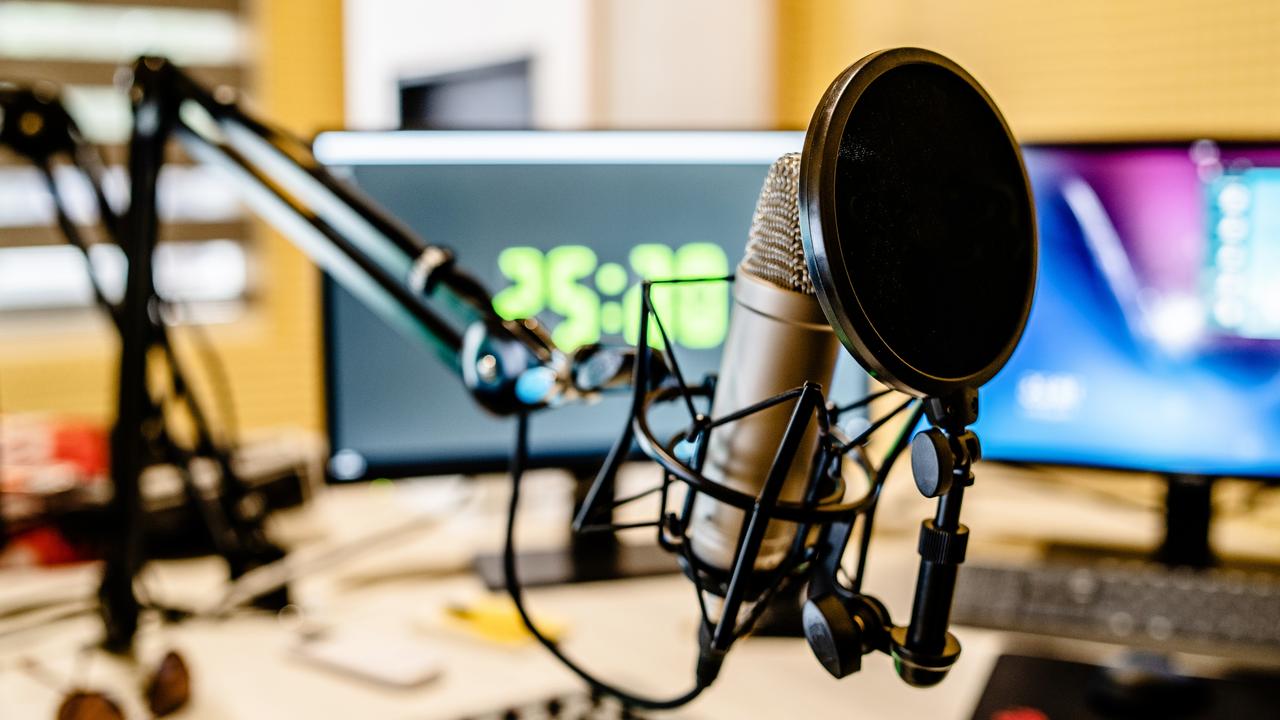
As the sale process for 7-Eleven continues to drag on, there’s a growing view that Ampol is no longer working on a bid, though not officially out of the process.
Opportunistic private equity firm Platinum Equity, known for making low-ball offers, is still interested, according to one source, but some think the bidders and the owners, the Withers and Barlow families, are apart on price.
Then there’s Seven & I Holdings, which has the 7-Eleven stores in Japan and is said to have pre-emptive rights.
Sceptics have always wondered whether the sale process was being run to determine what the market was prepared to pay for the business and to keep Seven & I Holdings honest. Ampol’s executives have not mentioned or alluded to the sale process in meetings with investors after delivering its half year results in August.
Its bankers at UBS don’t give the impression they are hard at work on any deal.
Making a 7-Eleven acquisition work seems a difficult assignment for Ampol.
One observer describes gaining approval from the Australian Competition & Consumer Commission to buy the business as an “insurmountable” problem.
7-Eleven also has a fuel supply agreement with Mobil that it can’t exit until 2034, so that means Ampol would not have the benefits of supplying the business with fuel.
Service stations make as much as 60 per cent of their non-fuel revenue from tobacco sales, so 7-Eleven was never going to be ideal for mainstream private equity funds that are keen to target ethical investments.
They are also out of favour because they are associated with fossil fuels as the future.
The business generates annual earnings before interest, tax, depreciation and amortisation of about $220m.
With the licence to operate and franchise the Australia 7-Eleven stores from the US-based 7-Eleven, it has 750 stores located throughout Australia except Tasmania, the Northern Territory and South Australia, which creates growth opportunities for the buyer.




To join the conversation, please log in. Don't have an account? Register
Join the conversation, you are commenting as Logout